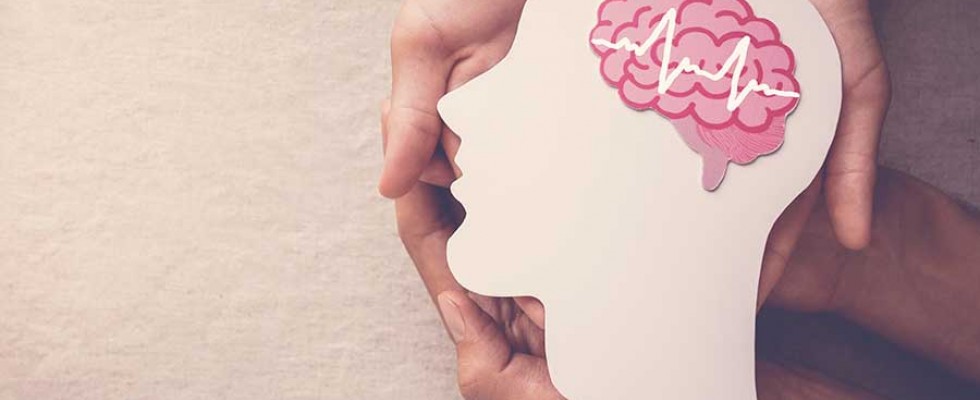
A new partnership is hoping to change the conversation around brain health in Black and other marginalized communities in the greater Atlanta, Georgia, area—and hopefully beyond.
More than 5 million people in the United States live with Alzheimer’s disease or another form of dementia. Data points to Blacks having a higher risk of disease, according to a March 2020 report from alzimpact.org; Black people are also less likely to have a diagnosis or more likely to be diagnosed later in their disease progression.
UsAgainstAlzheimer’s, an Alzheimer’s advocacy and research group, recently teamed up with Black Health Matters, Emory University and others to promote its brain health checkup tool, BrainGuide, in the Atlanta area. BrainGuide is a 10-minute questionnaire that points people to resources for dementia diagnosis and care; questions for both caregivers and patients are included.
So far, more than 150,000 people have filled out the questionnaire, with about 78% taking it for themselves and 22% taking it for a loved one. But only 9% of users identify as Black, said Brooks Kenny, vice president of consumer engagement and partnerships at UsAgainstAlzheimer’s.
“We are really focused on brain health equity and wanting to ensure that Black and Latino communities have access to resources, information, education and tools,” said Kenny. “We began [this partnership] in Atlanta given the high rates of Alzheimer’s in the Black population there.”
Black Health Matters focuses mainly on chronic illness education for the Black community, said Leslie Fontenot, managing director for the organization. The organization also seeks to remove stigmas around mental health issues and chronic diseases, including Alzheimer’s.
“It’s something that’s not talked about. It’s something that needs to be at the forefront. And we felt it was important to bring this forth with our partners,” she said.
To that end, the partnership has not only placed billboards, bus signage and radio ads in the Atlanta area, but has also worked with Black churches and religious leaders to generate conversations around brain health.
“It’s very difficult to pull these programs together without having partners and also a true, authentic voice in the community,” said Fontenot.
Kenny noted that 60% of cases of Alzheimer’s go unrecognized across all ethnicities, but early diagnosis can lead to better treatment and management of the disease.
“Most people would say, ‘Why would I want to know? Because if I get diagnosed, there’s no treatment,’” Kenny said. “[I believe] we actually are going to start to see more innovation and more treatments available for Alzheimer’s disease. But if you get diagnosed late, those treatments won’t be effective; you won’t be eligible for them.”
The Food and Drug Administration (FDA) approved Aduhelm (Aducanumab) in mid-2021 for the treatment of early-stage Alzheimer’s, but the drug does face some pushback due to its expense and because it has not yet been conclusively shown to slow the progression of the disease. Other drugs for early-stage Alzheimer’s are on the FDA’s radar for approval.
UsAgainstAlzheimer’s has its sights set on expanding the Georgia-based partnership on a national scale. Kenny said the next target is likely the Latino community around Houston, Texas, with a focus on similar health equity and education goals. The organization is still building community support in Houston, but Kenny hopes to see a program launch there in 2022.
Kristin Easterling is managing editor of HomeCare magazine.
